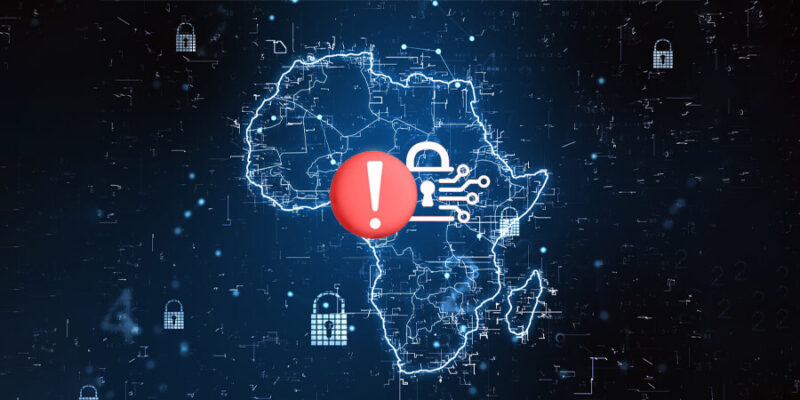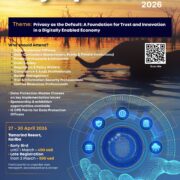As Africa continues to embrace digital transformation, the continent faces unprecedented cybersecurity challenges. From financial fraud to data breaches, the threats are evolving at a pace that traditional security measures struggle to match. Against this backdrop, Artificial Intelligence (AI) emerges as a critical tool in fortifying Africa’s cyber defences.
Tech enthusiast, Dr. Dennis Magaya made a compelling presentation, tailored for African audiences, balancing technical insights with actionable recommendations. The presentation on AI in cybersecurity, delivered at the 2025 Cyber Fraud Summit in Nyanga, Zimbabwe, shed light on how AI can revolutionise cybersecurity across the continent.
By Gamuchirai Mapako
Dr. Magaya’s presentation, touched on AI’s potential to address Africa’s unique cybersecurity challenges, the risks posed by AI-driven threats, and actionable strategies for implementation.
Africa’s digital economy is booming, some countries slower than the rest, with mobile money, e-commerce, and cloud computing driving growth. However, this rapid digitisation has also made the continent a prime target for cybercriminals.
According to the African Union, cybercrime costs the continent an estimated $3.5 billion annually.
Financial institutions and mobile money platforms are frequent targets of phishing, identity theft, and ransomware attacks. Many African nations, Zimbabwe included, lack robust cybersecurity frameworks and skilled personnel to combat advanced threats. FIU Director General Oliver Chiperesa concurred, calling for the adoption of artificial intelligence to improve the way the central bank detects financial crimes.
Reserve Bank of Zimbabwe representative speaking during the summit pointed out that the law enforcement in Zimbabwe lack the expertise to fully investigate financial crimes but also added that measures have been put in place to capacitate the police.
The police should be able to combat cybercrime also perpetrated by the proliferation of internet of things (IoT) devices, often with weak security, expanding the attack surface.
Dr. Magaya underscored that traditional cybersecurity measures are no longer sufficient. AI, with its ability to analyse vast datasets and detect anomalies in real-time, offers a scalable solution.
AI algorithms excel at identifying patterns and anomalies, isolation forest and one-class SVM algorithms can detect unusual network activity, flagging potential breaches before they escalate and random forest and gradient boosting models analyse file behaviours to identify malicious software, even in zero-day attacks.
Unlike static security systems, AI learns and evolves. Reinforcement learning (RL) techniques, such as Q-Learning, allow systems to adapt to new attack vectors dynamically. For instance, AI can simulate cyberattacks using Generative Adversarial Networks (GANs) to test system vulnerabilities proactively.
Phishing remains a top threat in Africa, where low cybersecurity awareness exacerbates risks. Natural Language Processing (NLP) models like BERT and GPT analyse email and message content to detect phishing attempts with high accuracy.
However, cybercriminals can exploit AI models through data poisoning or adversarial examples, tricking systems into misclassifying threats as AI models can be trained to skew data and may perpetuate biases, leading to flawed decision-making.
Africa’s lack of comprehensive AI policies raises concerns about accountability and misuse.
Hence the need to fortify AI models against manipulation, ensuring transparency in AI decision-making and collaborating to establish AI governance frameworks. Similarly with crypto currency, Zimbabwe has no laws on AI led crimes or AI in general.
It is essential to invest in building local expertise through training programs and partnerships with institutions like the Artificial Intelligence Institute Africa (AIIA).
And regional cooperation, such as the African Union’s Cybersecurity Framework, can harmonize defences against cross-border threats.
AI is not just a technological upgrade but a necessity for Africa’s cybersecurity survival. In the face of exponential cyber threats, AI provides the speed, precision, and adaptability Africa urgently needs














Comments